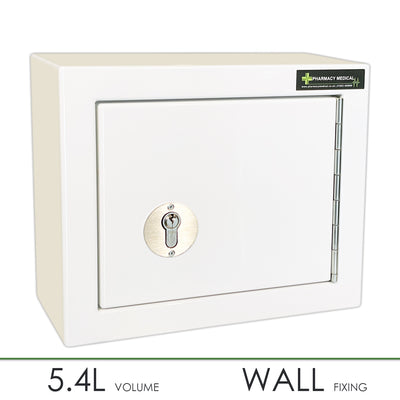As our society continues to evolve, so do our approaches to caring for the elderly. One positive shift has been the increasing emphasis on providing the care and support for elderly people to remain in their own homes for as long as possible, living independently in the comfort of their own homes.
Home is where the heart is, and for many elderly people their houses will hold a lifetime of memories that they might be reluctant to move away from. Being able to stay in their own homes can have profound and positive effects on an older person’s mental and emotional well-being.
Balancing Independence and Personalised Care
While an elderly person may prefer to stay in their own home, it’s very likely that they will need some form of care or support plan put in place that is tailored to their own individual needs. That plan could include help with cooking, shopping, dressing, or with household admin and management etc.
Involving the elderly person with creating the plan for their own care or support within their home will give them a huge sense of control and autonomy over what happens in their day to day life. It also helps to avoid any resistance with receiving help, which for many people can be difficult to accept after a lifetime of living entirely independently.
Holistic Care Plan to Supporting Elderly Independent Living
A holistic approach to ageing will involve putting together a care and support plan that addresses the physical, mental, emotional and social well-being of the individual. A holistic care plan will look at all of these elements and bring them together to make sure the elderly person has a better overall lifestyle and sense of wellbeing - which ultimately leads to more success and longevity for their independence at home.
The key aspects of a holistic care plan will include:
Physical Well-being:
Nutrition: Ensuring a well-balanced and nutritious diet
Exercise: Encouraging regular physical activity
Preventive Healthcare: Booking regular check-ups, screenings, and vaccinations to prevent or manage health conditions.
Mental and Cognitive Health:
Cognitive Exercises: Engaging in activities that stimulate the mind, such as puzzles, reading, or learning new skills.
Emotional Support: Recognising and addressing emotional well-being
Cognitive Health Monitoring: Regular assessments to identify and address cognitive changes or conditions.
Emotional Well-being and Social Connection:
Social Engagement: Encouraging participation in social activities to foster connections and combat loneliness. Participating in community activities, clubs, or volunteer work to maintain social ties.
Emotional Support Systems: Building a network of friends, family, and community resources to provide emotional support. Participating in community activities, clubs, or volunteer work to maintain social ties.
Adopting the idea of supporting the elderly to live in their own homes, has proven to have hugely positive returns for the individual’s wellbeing and overall health. Balancing independent living with the correct level of support and care is an ever-changing challenge, but with a holistic approach it is possible to create a sustainable and fulfilling way for older people to age gracefully in the places that they call home.




































